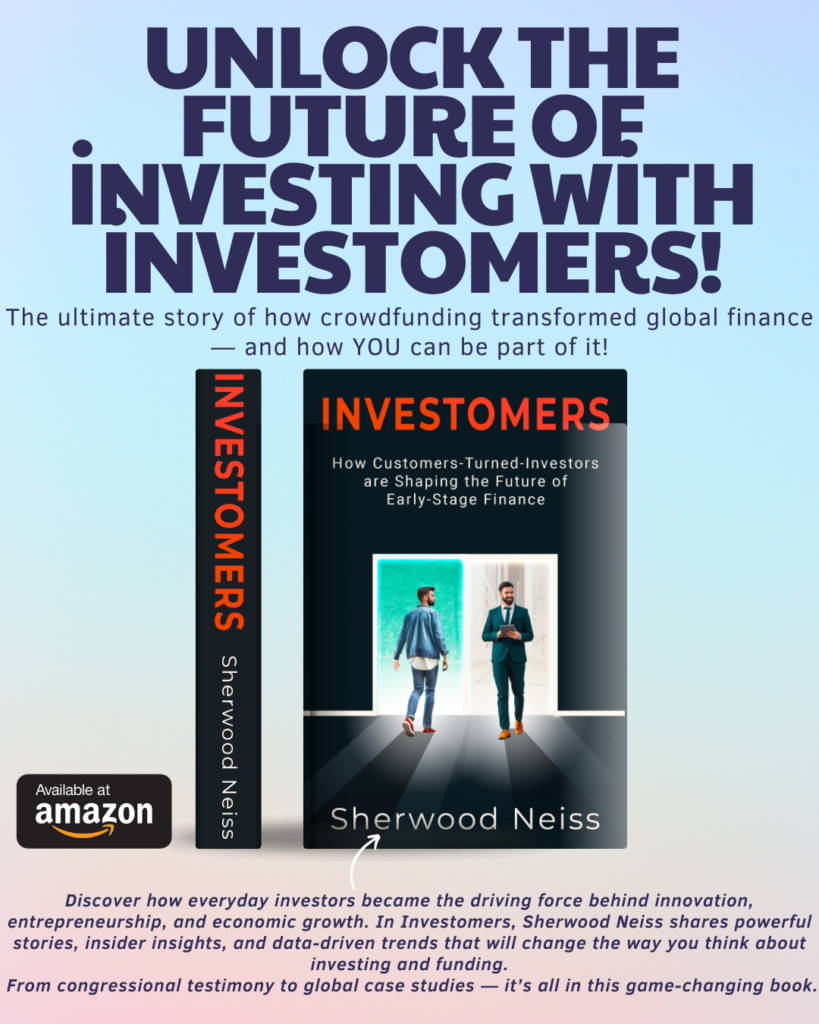For decades, venture capital has been the undisputed kingmaker of startups, a world where a select few held the power to determine which companies thrived and which withered. But a quiet revolution is underway. Investment crowdfunding, once dismissed as a niche funding mechanism, is reshaping the startup ecosystem and redefining how investors evaluate opportunities.
Underpinned by Regulation Crowdfunding (Reg CF) introduced in the JOBS Act of 2012, platforms like Wefunder, StartEngine, Honeycomb, and Republic have emerged as key players in this new wave of financing. These platforms enable startups to raise funds from everyday investors, democratizing access to capital in ways that were previously unimaginable. Crowdfunding deals now span nearly 2,000 cities across the United States, with more than 100 platforms offering opportunities to invest.
Critics argue that crowdfunding lacks the rigor of traditional venture capital. They point to the deep diligence VCs perform before committing millions to a startup and the strategic guidance they often provide. But proponents of crowdfunding counter with a compelling argument: investor sentiment within Reg CF campaigns is becoming a leading indicator of a startup’s potential. Deals with hundreds of investors and larger-than-average check sizes suggest a combination of market validation and deep trust in the founding team—data points that even the most seasoned VC would find hard to ignore.
Some of the biggest names in venture capital are paying attention. Andreessen Horowitz, a household name in Silicon Valley, has participated in crowdfunding deals like Levels Heath despite having ample resources to fund its portfolio companies outright. The reason? Crowdfunding offers a unique advantage: direct engagement with a startup’s potential customer base. For companies already backed by institutional capital, crowdfunding provides something VCs alone can’t—marketing buzz and a built-in community of brand advocates.
Take, for example, take the 60 startups that have raised $5 million or more in a Reg CF campaign. These deals often attract more than 2,500 investors, many of whom are future customers. Their financial commitment signals strong confidence in the team and product, creating a form of validation that resonates beyond balance sheets. For VCs, this investor enthusiasm can serve as a powerful indicator, surfacing opportunities that might otherwise go unnoticed.
Another feature of crowdfunding that sets it apart is its geographic reach. Traditional VC has long been concentrated in hubs like Silicon Valley and New York. But crowdfunding platforms are changing the game, channeling capital into underserved markets, including rural America where nearly 500 startups have leveraged Reg CF. Startups in these areas now have access to funding that previously would have been out of reach, helping to unlock innovation in overlooked corners of the country.
Crowdfunding is also leading the charge in diversifying entrepreneurship. In 2023, nearly 40% of crowdfunding campaigns included at least one woman or minority founder—an achievement far beyond the 2% representation these groups typically receive in venture capital. For many founders, crowdfunding has become not just a financing tool but a lifeline, enabling them to grow their businesses on their terms.
Despite its promise, crowdfunding is not without risks. Herd mentality can influence campaigns, and platforms must ensure transparency to protect both founders and investors. Still, the data flowing from crowdfunding platforms offers a treasure trove of insights. For venture capitalists, it represents a new frontier for diligence, allowing them to identify trends, validate markets, and de-risk their investments by backing companies already tested by the crowd.
The relationship between crowdfunding and venture capital is evolving. Far from being rivals, the two are proving to be complementary forces. Crowdfunding helps early-stage startups gain traction, while venture capital provides the scaling power necessary to dominate markets. Together, they are redefining what’s possible for startups and investors alike.
The question is no longer whether crowdfunding will disrupt venture capital. It’s how quickly the two will learn to work together. For now, the startups stand to benefit most, with more funding options, greater market validation, and unprecedented access to capital—no matter where they are or who they are.
If you are interested in the data behind this story, reach out to: data@theccagroup.com
